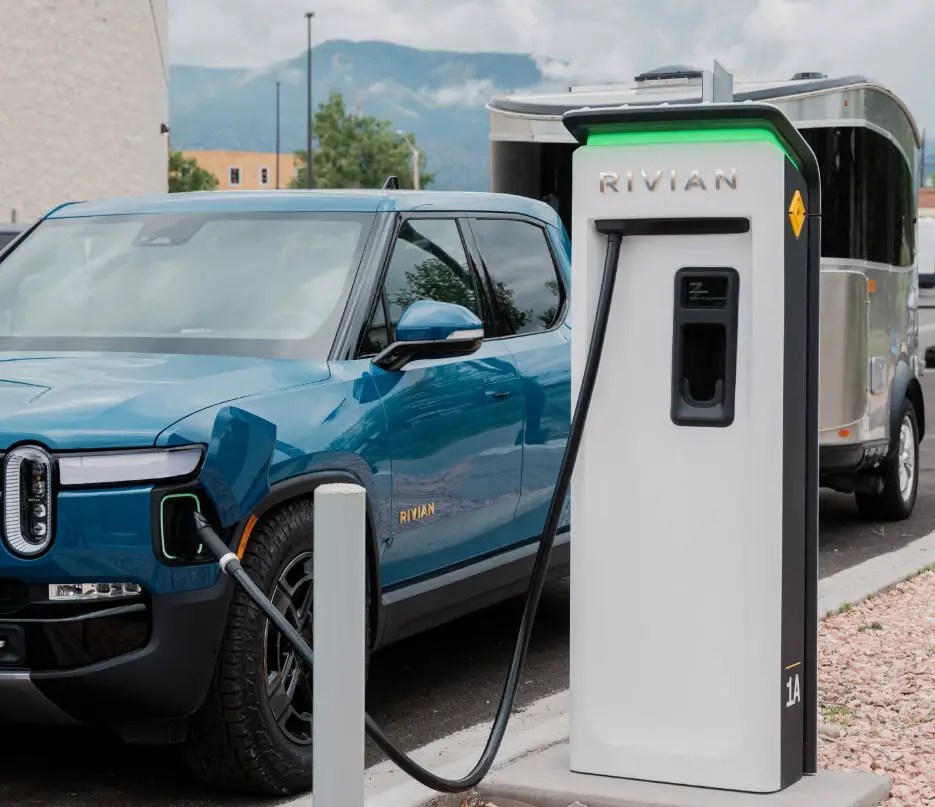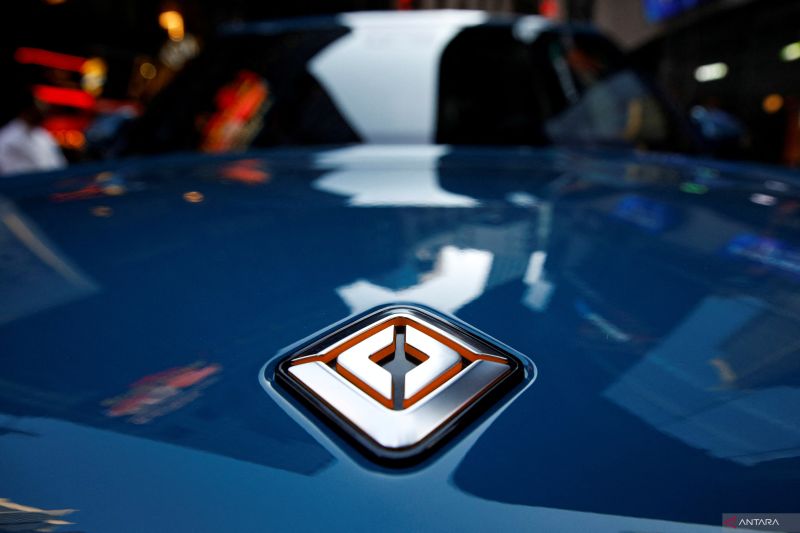In a significant development, Rivian (RIVN) is set to lose its position on the Nasdaq-100 index (NDX) due to a staggering decline in its stock price, which has fallen over 90% from its all-time high shortly after its initial public offering (IPO). This announcement comes as JP Morgan analyst Min Moon’s prediction that Rivian would be ousted from the Nasdaq-100 becomes a reality.
The Nasdaq-100 is a stock market index comprising the 100 largest nonfinancial companies listed on the exchange. Generally, if a company’s weighting falls below 0.1% for two consecutive months, it is typically removed from the index. Rivian dipped below this threshold on April 28 and May 31, leading Moon to foresee this inevitable move. Moon also accurately anticipated the replacement company for Rivian, which is On Semiconductor.

Nasdaq has officially confirmed that it will replace Rivian with On Semiconductor Corp. (ON) on the Nasdaq-100 index. Furthermore, Rivian will also lose its position in other indices, including the Nasdaq-100 ESG index, the Nasdaq-100 Equal-Weighted index, and the Nasdaq-100 Ex-Tech sector index. These changes are slated to take effect on Tuesday, June 20, 2023.
Despite this development, Rivian experienced a nearly 9% surge in its stock price during Tuesday’s trading session, along with several other electric vehicle (EV) stocks seeing gains.
While losing its spot in the index may not have a significant impact on Rivian, it is noteworthy that all shares held by the index will be sold and replaced with the new company, On Semiconductor.
Although Rivian’s stock has shown a nearly 20% increase in the past month, it still remains more than 90% below its all-time high of over $170 per share, achieved shortly after its IPO.
Lower stock prices have affected Rivian, as well as many other EV startups and unprofitable growth stocks, making it challenging for them to raise affordable funding through equity raises. This funding constraint, coupled with rising input costs, is putting pressure on Rivian’s margins.
Nevertheless, Rivian stands out among automakers by reiterating its annual production goal of 50,000 units following the first quarter. In Q1, the company produced 9,395 electric vehicles and delivered 7,946 units.
RJ Scaringe, the CEO of Rivian, emphasizes the importance of driving profitability while ramping up production. The company has implemented a series of cost-cutting measures over the past year to achieve this objective.
Rivian aims to significantly improve margins with its second-generation electric vehicle models (R2) scheduled for release in 2026. These models will feature a streamlined manufacturing process and components.
As Rivian experiences this notable shift in its position on the Nasdaq-100 index, the company remains focused on achieving sustainable profitability and advancing its EV production capabilities.







